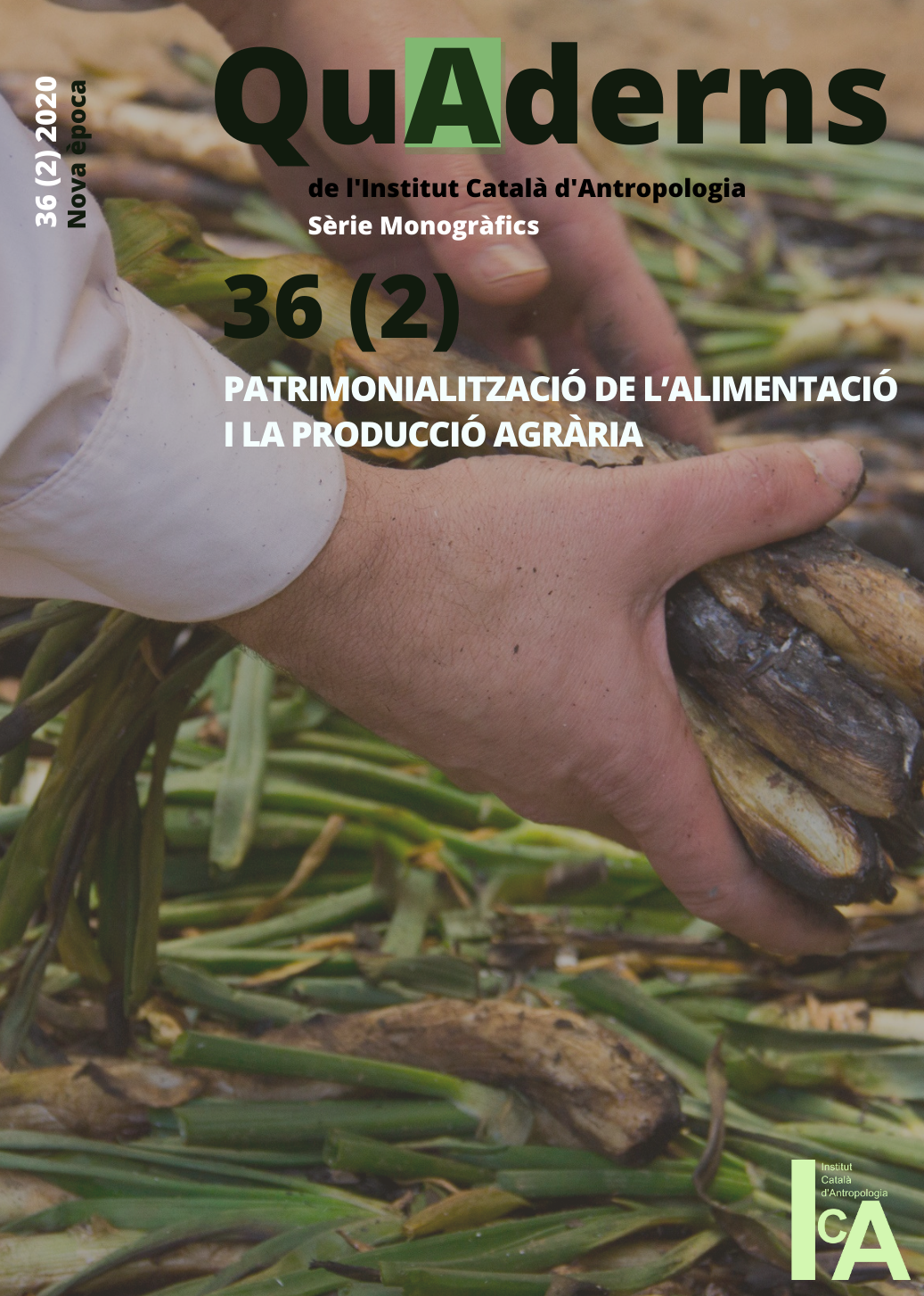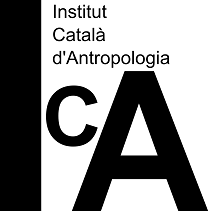Heritagisation, Public Policies and Tourism: Traditional Gastronomies in Mexico, Management and Valorisation
Keywords:
patrimonialization, public policies, tourism, traditional cuisine, MexicoAbstract
This text analyzes the role of public policies and institutional programs promoted by the Mexican State regarding the management and valuation of traditional culinary diversity of Mexico, based on its inclusion at the Representative Lists of the Intangible Cultural Heritage of Humanity of UNESCO, as food heritage. Along with its exploitation as a tourist and economic resource. For this, some of the main programs are described that, as part of economic, tourist and cultural policies, have promoted their consumption with the purpose of promoting gastronomic and cultural tourism at national and global levels.
This article is divided in three sections: the first raises a theoretical reflection from an anthropology of food approach and critical heritage studies over patrimonialization of food cultures and traditional cuisines, within the framework of the declaration issued by UNESCO in November 2010. The second section addresses the relationship between patrimonialization and public policies regarding the economic use of traditional kitchens for promoting gastronomic and cultural tourism. The third section describes the role of the programs emanating, for approximately 10 years, from public policies oriented to manage and enhance traditional kitchens in the field of the gastronomic market.
Downloads
Global Statistics ℹ️
|
624
Views
|
512
Downloads
|
|
1136
Total
|
|
Downloads
Published
How to Cite
Issue
Section
License
Distributed under the terms of the Creative Commons Attribution 4.0 International Use and Distribution License (CC BY-NC-SA 4.0)




